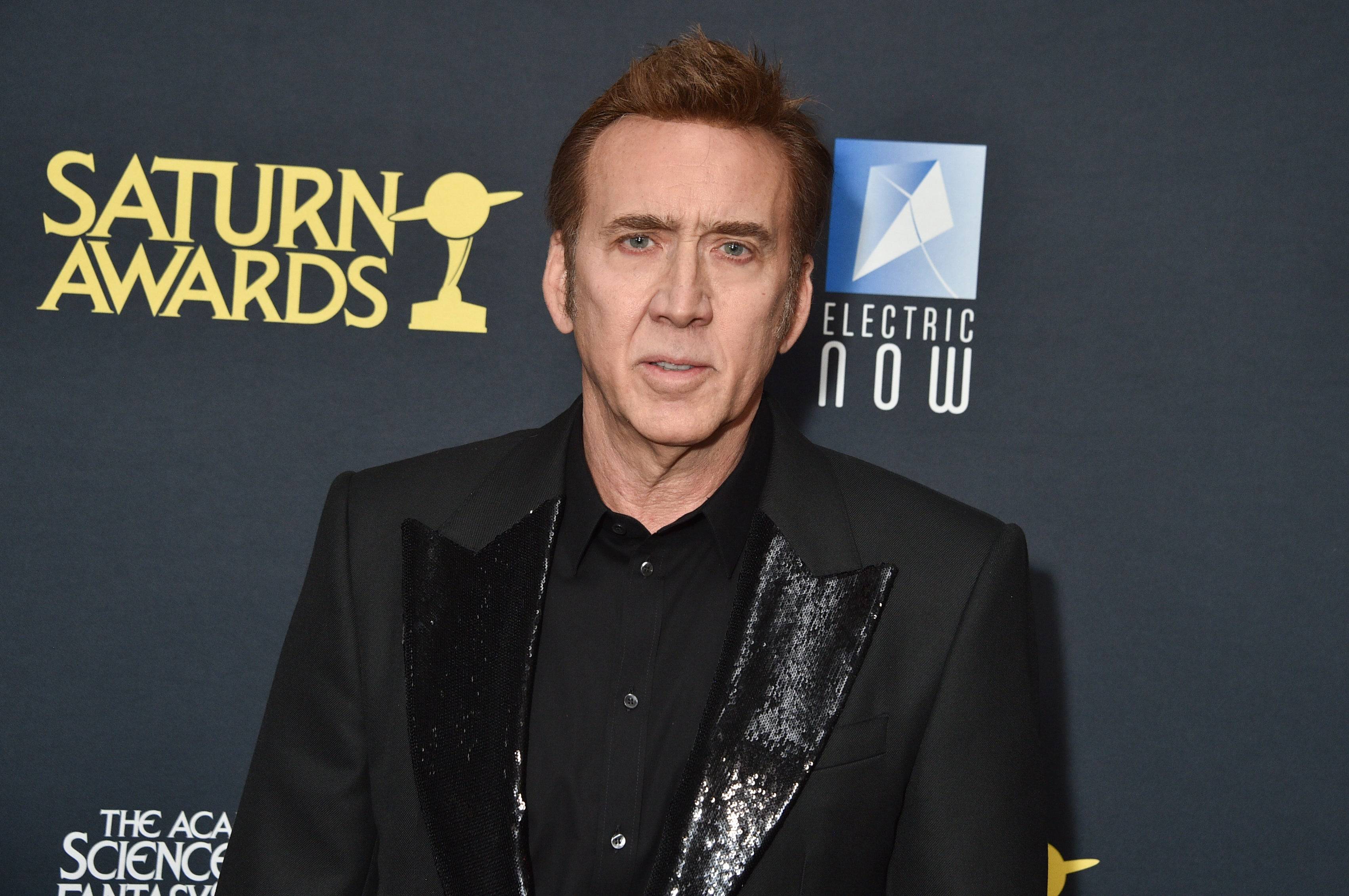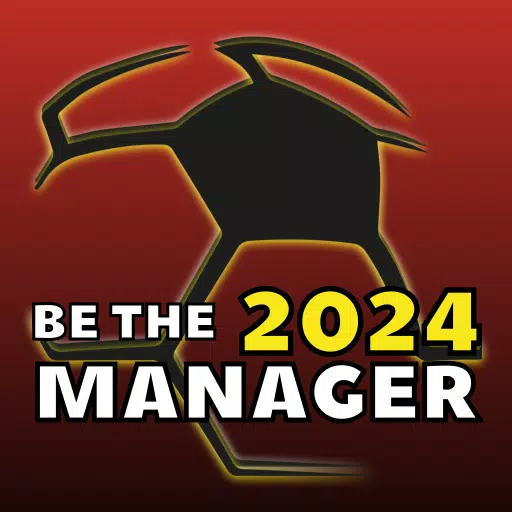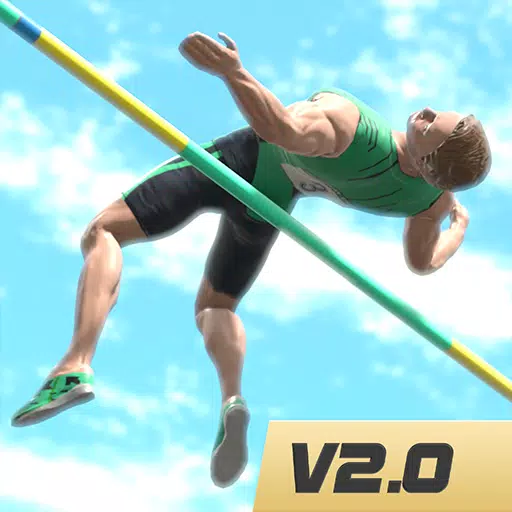Nicolas Cage Slams AI Acting: 'Robots Can't Capture Human Essence'
Nicolas Cage has strongly criticized the use of artificial intelligence in the film industry, warning that any actor who allows AI to alter their performance is heading towards "a dead end." He expressed these views after winning the best actor award for his role in "Dream Scenario" at the Saturn Awards.
In his acceptance speech, Cage thanked director Kristoffer Borgli for his multifaceted contributions to the film but quickly shifted focus to the broader issue of AI in the arts. "I am a big believer in not letting robots dream for us," Cage stated. He argued that AI cannot capture the essence of the human condition, which he believes is fundamental to the integrity and authenticity of artistic expression. "Robots cannot reflect the human condition for us. That is a dead end if an actor lets one AI robot manipulate his or her performance even a little bit," he warned, suggesting that such compromises would lead to art being driven solely by financial interests.
Cage emphasized the role of art, including film performance, in mirroring the external and internal stories of the human condition. He believes that this process, which is inherently human, thoughtful, and emotional, cannot be replicated by machines. "A robot can’t do that. If we let robots do that, it will lack all heart and eventually lose edge and turn to mush," he said, underscoring the potential loss of genuine human response in art if AI becomes prevalent.

Cage's stance is part of a broader conversation within the entertainment industry. Voice actors like Ned Luke from "Grand Theft Auto 5" and Doug Cockle from "The Witcher" have also expressed concerns about AI, particularly in how it affects their livelihoods through unauthorized use of their voices in chatbots and other applications.
Filmmakers have mixed views on AI. Tim Burton has described AI-generated art as "very disturbing," reflecting Cage's concerns. In contrast, Zack Snyder, known for "Justice League" and "Rebel Moon," advocates for embracing AI rather than resisting it, suggesting a more adaptive approach to technological advancements in the industry.
-
If you're in the process of building a PC and eagerly awaiting the chance to snag one of the new Nvidia Blackwell graphics cards, now's your golden window. Amazon currently has the Gigabyte GeForce RTX 5070 Ti Gaming OC graphics card in stock, available for $979.99 shipped. However, this deal is excAuthor : Finn Apr 02,2025
-
HBO's The Last of Us Season 2 is gearing up for its premiere on April 13, and the casting announcements are rolling in with six new actors joining the series. Variety has provided insights into how the show will expand on the source material, introducing both familiar characters and new faces to theAuthor : Christian Apr 01,2025
- Hitman Devs' "Project Fantasy" Hopes to Redefine Online RPGs
- The Elder Scrolls: Castles Now Available on Mobile
- Minecraft's 'In Your World' Mod: A Chilling Update
- Resident Evil Creator Wants Cult Classic, Killer7, to Get a Sequel By Suda51
- Deadlock Characters | New Heroes, Skills, Weapons, and Story
- Fortnite Update: Mysterious Mythic Item Teased in Latest Leak




















![[777Real]スマスロモンキーターンⅤ](https://images.0516f.com/uploads/70/17347837276766b2efc9dbb.webp)

